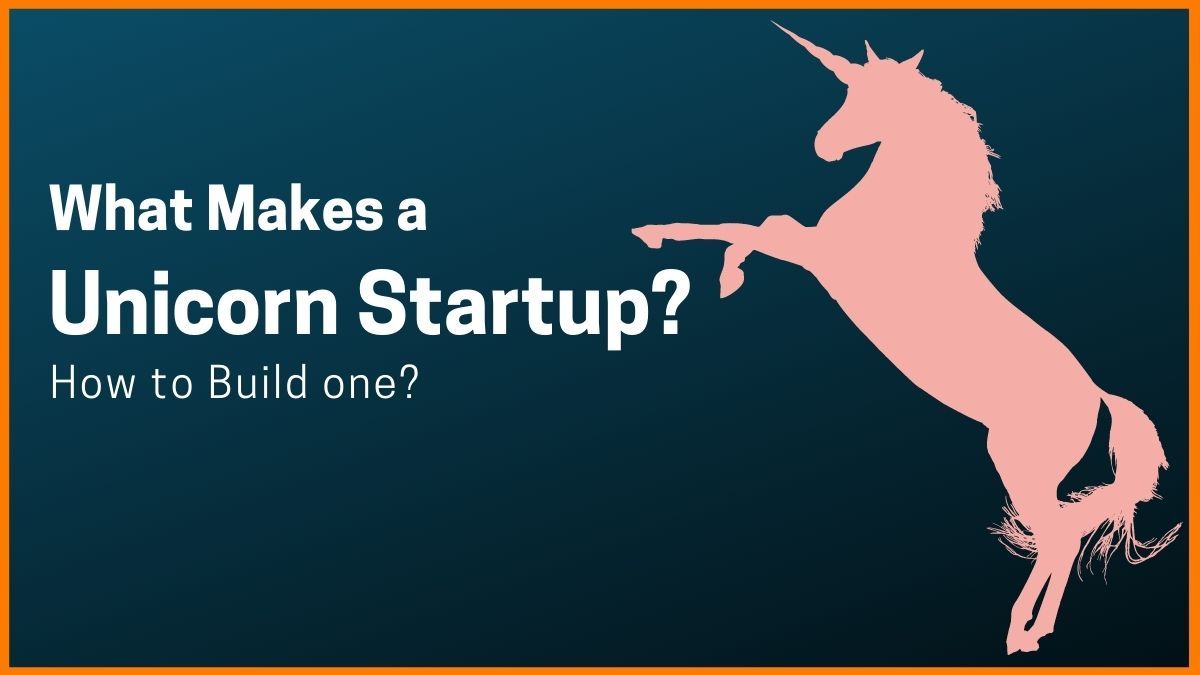Google for Startups is an accelerator program by Google for supporting Startups and helping them grow. It provides mentorships, training, and, guides entrepreneurs to find solutions for the challenges they face in building and growing their startups. StartupTalky took an initiative to know the details of the program – Selection Procedure, challenges to be addressed, help for women entrepreneurs, and more.
Here are insights into Google for Startups by Paul Ravindranath G – Program Manager, Developer Relations & Head of Google Accelerator at Google India, Bangalore.
How is Google for startups different from the traditional accelerator model?
The Google for Startups Accelerator helps startups build successful products and businesses by focusing on 360* needs of the company and founders. Our needs analysis for selected startups helps us define a custom support plan for each of the startups that meet them at their point of need. Not only is there focus on solid tech, product strategy and growth but also on people and leadership.
How is the selection procedure for startups?

When applications open, startups can apply directly at the accelerator tab of Google for Startups.
GFS Accelerator looks for startups that are meaningfully and scalably solving for the challenges of the current times. The program is vertical agnostic, but given the need to further innovation in an increasingly digital-first world, we are carefully considering verticals such as Edtech, Healthtech, Fintech, Retail & Logistics, Media & Entertainment, Agritech and Gaming.
The 3 months mentorship program selection process has some basic eligibility criteria such as:
- Startups need to be based out of India
- Should preferably in the seed to Series A, B stages
- Deep understanding/application of new-age technology
What areas do most startups at the program struggle with/ What problems do they expect you to address?
The program’s focus is a founder-first, founder-friendly approach to support startups in solving their business, operational, and technology challenges.
Startups face a varied set of challenges at different stages of growth and maturity. Since the accelerator is a stage agnostic program, it presents the opportunity to work with startups facing diverse challenges. With a strong mentor base and methodologies to help with various areas, the program can address key challenges faced by founders.
User Experience/User Interface, Product Strategy, Tech Architecture, Growth and Marketing and People Development tend to be the main areas where the program can add value to startups.
Additionally, we also provide them with extensive training on leadership along with robust strategies for building company and product capabilities. As part of this program, founders outline the top challenges facing their startups and are then paired with relevant experts from Google and the industry to solve those challenges.
We can see an inclination among startups towards AI and ML, where they adopt predictive decision-making capabilities, making them vital for scale based solutions.
Is the support more tech-centric or spread across different domains? Do you plan to expand the horizon?
Accelerator helps startups scale and be successful with strong product strategy and a robust and scalable technology approach. The 360* approach we take helps address all the key areas of concern for a startup. The goal is to constantly look to add on expertise and methodologies to help startups thrive.
Every startup is unique and has different needs, how do you address their needs individually?
With every class batch we attempt to identify some unique and interesting startups. Each of these businesses have different requirements and different business challenges. The accelerator is looking for startups at all stages of development that are not only using cutting-edge technology but are also helping India, and potentially the rest of the world, adapt and move forward especially in a post pandemic world.
At the very beginning of the program, selected startups go through a complete needs analysis with a panel of experts and mentors. This exercise helps us build distinct goals and objectives for every startup that are addressed through a mentoring bootcamp, access to mentors and Google teams to help in moving their goals.

What are few areas which Google for startups provide a unique value? Does it help in connecting partners with govt agencies or a few of the best customers?
Startups are connected to mentors from all over the world through the accelerator programme. As part of the programme, we have over 20 Google teams and hundreds of industry experts who assist with operational, technology, and business difficulties. Mentors bring expertise across a wide range of areas such as User Experience and User Research, Technology covering Android, Cloud, Web and more. Marketing & Growth, Leadership are other key areas.
Additionally, the startups also find themselves to be eligible for the following perks, once they are part of the Google for Startups Accelerator Programme.
- Equity-free support
- Technical training on design, people, product, and growth marketing
- Support on high-level company and product strategy
- Google product credits and early access to new services
What’s the format/curriculum of the program? Does it change every year?
Google for Startups Accelerator India is a three-month cohort based program. There are typically 2 cohorts a year. While the accelerator team is based out of Bengaluru, the scope of the programme expands over the country where we handpick the best and the most promising startups to be a part of the batches.
In light of the constraints posed by the pandemic, the accelerator currently runs as a fully digital program but is hopeful of going hybrid as things improve. During the beginning of the program, we work with the startups selected into the accelerator to determine each startup’s challenges and support required from the program. Then these startups go through an intensive Bootcamp around topics such as Product, Design, Technology, People & Growth, followed by the OKR (Objective Key Results) workshop to define their objective for the next 3 months.
Have you ever considered a program specifically for women entrepreneurs or tier2 or tier 3 city startups?
Despite the many strides in diversity and inclusion efforts in different industries in India and the world, we remain at some distance from true and proportionate representation of women in the workforce – be it in leadership, entrepreneurship or otherwise.
This is a gap that we are committed to closing through various efforts within Google and beyond, across all the communities we support. Our ongoing efforts to support women entrepreneurs are one of these. To showcase our belief in the Indian women entrepreneurs, for our 6th batch we have selected around 35% of women-led startups in the mix and comprising a mix of B2B & B2C startups between Seed and Series A stages.

Do the alumni startups contribute in any way to the program?
With over 100 startups graduating from the program, we have a broad set of alumni, including unicorns like Sharechat. Several Alumni give back to the program with their recommendations of great upcoming startups. They come forward to support the cohorts as mentors, speakers and more.
Could you please share some insight on the success rates of the startups after the program?
The Google for Startups Accelerator has mentored over 116 startups, who have collectively raised over $2 billion in funding and contributed significantly to India being one of the world’s largest startup ecosystems.
Startups solving for key large-scale opportunities that India presents such as Drivezy, Nestaway, Sharechat were part of our early cohorts. Several companies like Niramai that apply cutting edge AI/ML tech in healthcare, specifically early detection of breast cancer have benefited with our technology input.
These startups, along with all the others in the previous batches of GFSA, continue to make an impact in the country.
Few things we (the whole startup community) can do to support startups across India?
The Indian startup community is currently witnessing a maturing cycle and even through the pandemic, growth has been solid. As a startup ecosystem few trends present an opportunity for us all to make a difference.
Women’s Entrepreneurship is an area that not only requires focus from an access-to-capital perspective, but also building programs that meaningfully provide access to networks, mentors & addressing challenges specific to women founders is key.
So also is the area of helping founders understand how to build great teams. Employability and access to good talent have been a challenge for seed to series A companies.
Enabling startups with insights, research and access is going to be key as they innovate and solve for India and the world.
The biggest support that we can provide each other in this thriving ecosystem, is collaboration across the ecosystem. Collaboration with a founder first, founder-friendly community approach can make a true impact as startups help accelerate our economy.




























































